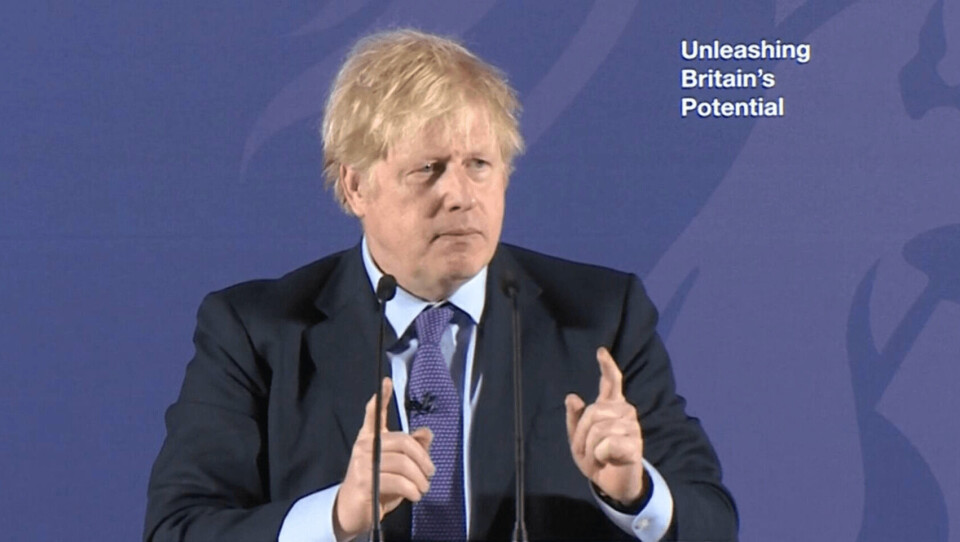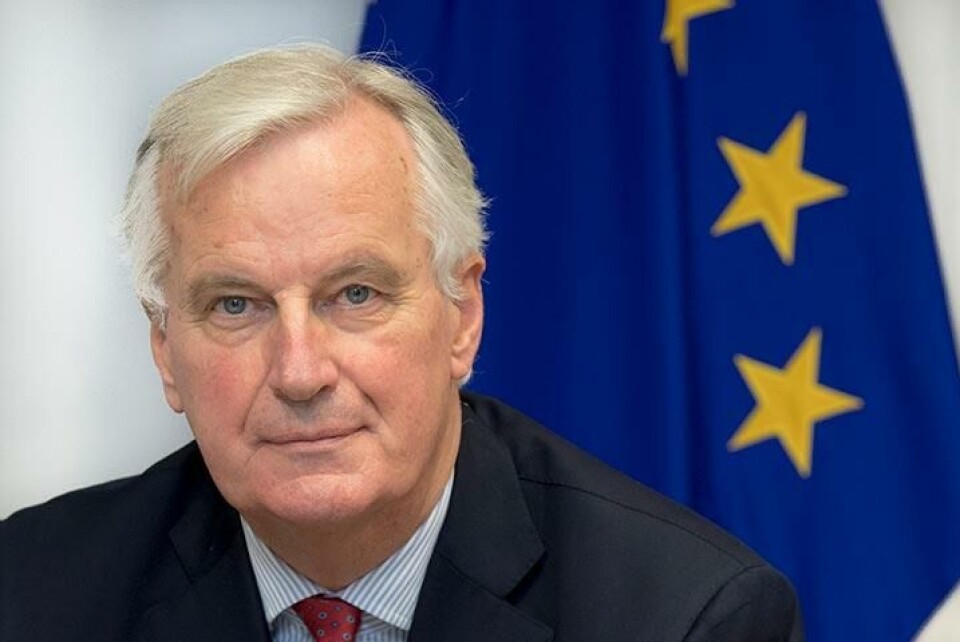
Food exporters urge ‘common sense’ trade talks
The Food and Drink Federation has urged the UK and the EU to take a “common sense approach” to food standards after Prime Minister Boris Johnson today said he saw no need for Britain’s regulations to align with those of Europe following Brexit.
In a statement this afternoon, the FDF said: “The EU market is the largest source of UK food imports and the largest destination for UK food exports. This fact is driven by geography, shelf-life and customer tastes. Introducing friction into those supply chains will have implications for our largest manufacturing sector and for all food and drink consumers.
“It is critical, therefore, that we carefully assess the costs and benefits of any changes to our trading relationship with the EU – and balance them against new opportunities we want to seize for easier food trade with the rest of the world. We also need generous rules of origin that support our food and drink exports success story and recognise the global nature of UK food and drink supply chains.
Equivalent standards
“As the Prime Minister referenced in his speech, the provenance and high quality of UK food and drink is an essential selling point overseas.
“We urge UK and EU negotiators to take a common sense approach to recognising equivalent food standards so we do not inadvertently raise barriers to trade. We are working closely with the UK government to identify new trading opportunities and to keep tariffs, quotas, product checks and inspections at the border to the barest minimum.”
The possibility of fresh Scottish salmon being delayed on its journey to customers in the EU because of inspections or other hold-ups at ports is a key concern for salmon producers.
The potential requirement for European Health Certificates (EHCs) for salmon going to the EU is another added complexity and cost. Currently EHCs are not required.
Free trade agreement
In his speech today, Johnson said: “We have often been told that we must choose between full access to the EU market, along with accepting its rules and courts on the Norway model, or an ambitious free trade agreement, which opens up markets and avoids the full panoply of EU regulation, on the example of Canada.
“We have made our choice - we want a free trade agreement, similar to Canada’s but in the very unlikely event that we do not succeed, then our trade will have to be based on our existing Withdrawal Agreement with the EU.
“The choice is emphatically not ‘deal or no deal’. The question is whether we agree a trading relationship with the EU comparable to Canada’s - or more like Australia’s.”

Level playing field
The EU’s chief negotiator, Michel Barnier, has said the EU is ready to offer a “highly ambitious trade deal” which includes zero tariffs and zero quotas.
But this was dependent on the UK agreeing to “specific and effective guarantees to ensure a level playing field” to ensure competition “is and remains open and fair”.
The Canada deal referred to by Johnson removes tariffs on the majority of goods traded between the EU and Canada, although some food items, including eggs and chicken, are not covered by it.
Canadian products going to the EU have to comply with EU standards (for example on food and product safety) and vice versa.
Trade between the EU and Australia is based on a limited "partnership framework" agreed in 2008, covering co-operation in a wide range of economic areas and agreements on things such as mutual recognition of product standards.























































